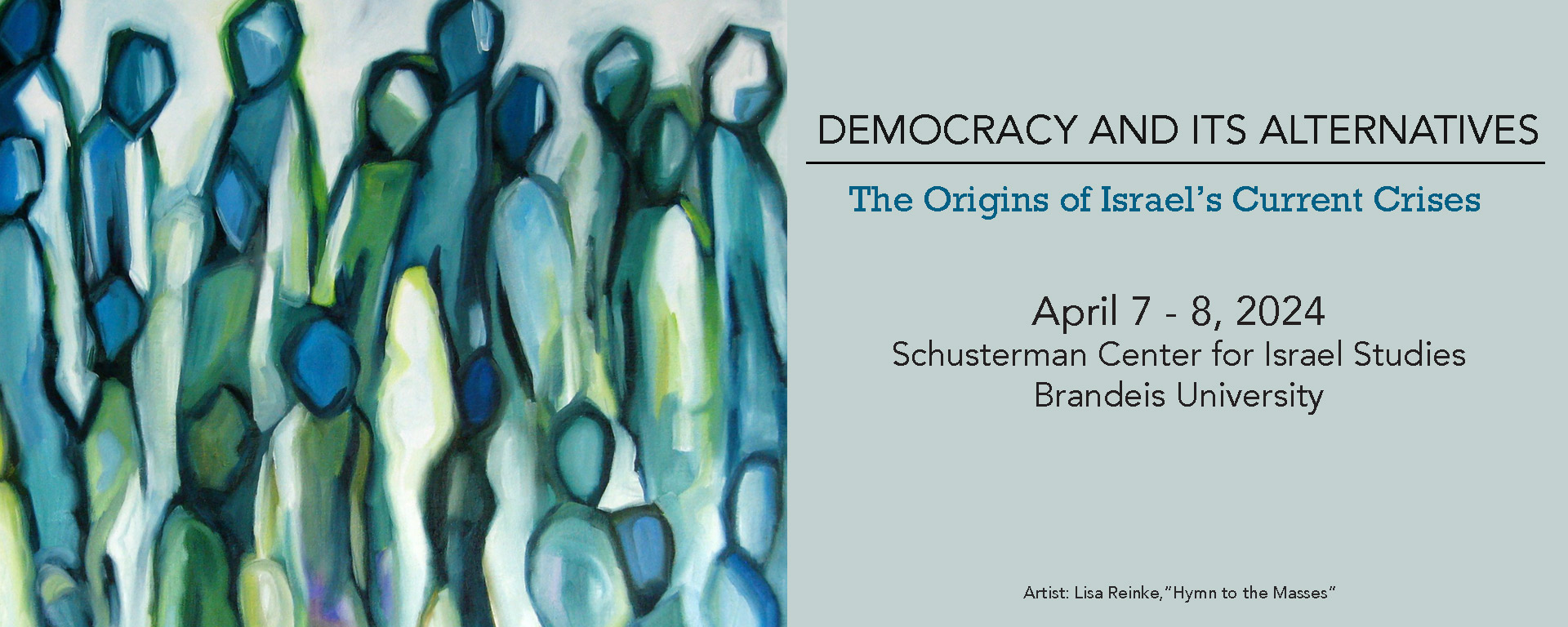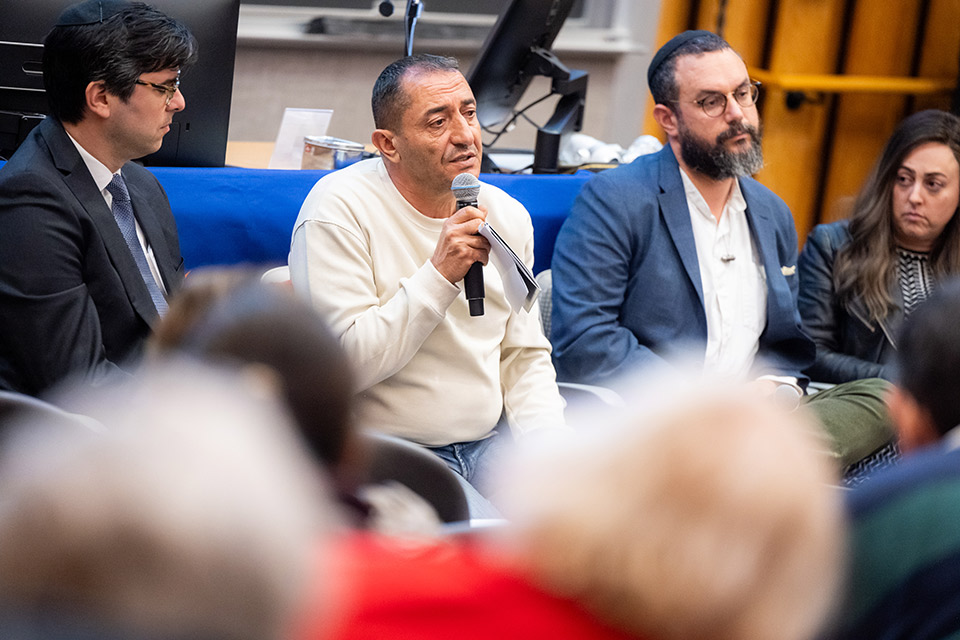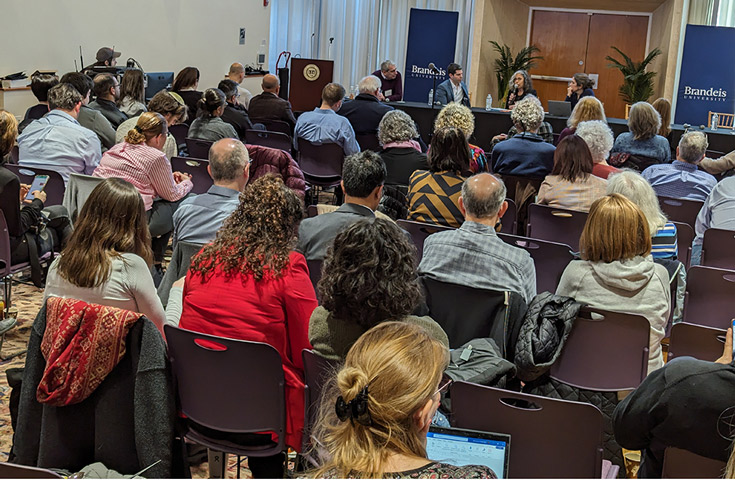Democracy and its Alternatives
The Origins of Israel's Current Crises
Sunday, April 7 - Monday, April 8, 2024
Brandeis University
About the 2024 conference
Since 2023, Israel has faced two of its biggest crises since its establishment 75 years earlier. The year began with the massive social upheaval over a proposed judicial reform that would alter the nature of Israeli democracy. Subsequently, the Hamas attacks on October 7th and the ensuing war in Gaza have had brutal consequences for Israelis and Palestinians, as well as global ramifications. “Democracy and its Alternatives: The Origins of Israel's Current Crises,” the annual conference of the Schusterman Center for Israel Studies at Brandeis University, offers a scholarly understanding of a country and a region in crisis, and places these pivotal events in their larger historical, regional, and political contexts.
This conference is the culmination of the inaugural cohort of a new fellowship program, the Schusterman Center’s Institute for Advanced Israel Studies. The only program of its kind, each year the Institute convenes a cohort of scholars from around the world to work together on an important theme in the field of Israel studies. Our fellows will be forming the panels on the second day of the conference. This year the Institute was co-hosted by our partner, the Center for Jewish History in New York City, and we thank them for their generous participation.
Podcast: "Tel Aviv Review" Special Series
The Schusterman Center and the Center for Jewish History partnered with the premier podcast, "Tel Aviv Review," to share insights from the conference with a wider audience. The special series features interviews with several of our Institute for Advanced Israel Studies 2023-24 fellows. The Tel Aviv Review presents in-depth, long-form interviews with scholars, writers, and thinkers about their work and ideas that make up the debate in and about Israel. Access the "Tel Aviv Review" special series.
Sunday, April 7: Keynote
Religion, Democracy, and Peacebuilding: Reflections from the Field
Monday, April 8: Panel Discussions
- Empire and Mandate: Before the State
- The State of Israel: Democracy and its Alternatives
- 2023: Watershed or Culmination - The Day After
About the Keynote
When asked about the Oslo peace process, the Israeli settler and peace activist Rabbi Menachem Froman quoted the Hamas founder Imam Ahmad Yassin, with whom he met several times: “[Oslo was] an agreement between our heretics and your heretics to subdue religion” and thus doomed to failure.
Religion has seen an incredible resurgence as a political force around the globe in recent decades. Evangelical Christianity in the United States, Hinduism in India, and political Islam across the Middle East, have caused major shifts in political alignments. The same is true in Israeli and Palestinian society, where religious parties, sometimes dogmatic, extreme, and violent, are shaping the Israeli and Palestinian policies and strategies.
Peacebuilding efforts often sideline people of faith. Some people assume that religion is an impediment to peacemaking, and that religious institutions have no role to play in any sort of solution. Others reluctantly acknowledge the existence of religion in the conflict, but see it as an obstacle to overcome. Are other approaches possible? What if religious voices could enhance, or even improve upon liberal, democratic values? This evening is dedicated to these conversations, with Jewish and Palestinian activists, scholars, and people of faith working to build a better future for the region.


